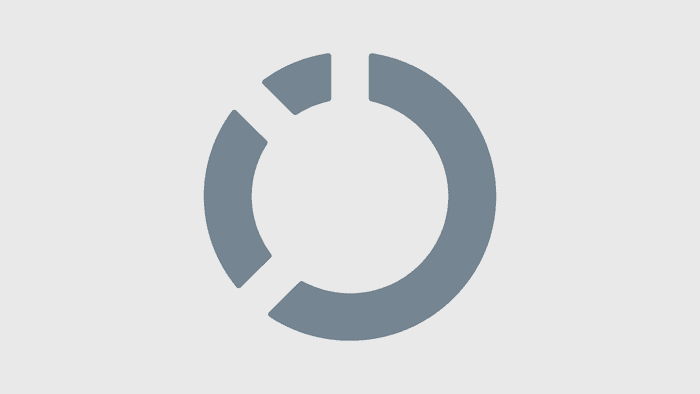Tablets Rock On: Education Tech Through The Ages
From tablets to Google Glasses, education technology has a colorful history. Take a look back and a peek forward.


New-fangled educational devices didn't start with computers or the Internet.
Writing, arguably the first education "technology," debuted at the end of the Stone Age, in the late 4th millennium BC. Although we don't know how cuneiform script was taught, we do know this pictographic system evolved during its 22 centuries of use, becoming more simplified and abstract until it was supplanted by the Phoenician alphabet around the 2nd century AD.
Writing's long history reveals a defining human characteristic: The constant search for new ways to capture and distribute knowledge. This search has provoked cultural, political and religious controversies along the way. Take, for example, a recent survey of professors at top research universities who prefer old-fashioned teaching methods such as whiteboards to using the Internet as a way to instruct. In this sense, today's debates about what should or should not be taught, or about the impact of this or that technology on students, echo earlier fights that stretch back centuries.
Another unsettled debate swirling in academia today: the educational impact of remotely connected students. In the past few years, millions of students around the world have taken massive open online courses (MOOCs) offered by established post-secondary institutions and commercial startups. As MOOCs have become more popularity, educators, parents and students have started asking legitimate questions about what is being gained and what is being lost when students never step foot on a campus or share a physical classroom with others.
Some believe technology -- specifically, data analytics -- will play an important role in answering these important questions. Projects such as the Predictive Analytics Reporting (PAR) Framework are collecting data across postsecondary institutions and studying educational outcomes, with the goal of revealing the best educational approaches.
Data capture and analysis also will be a key part of the Common Core State Standards initiative in the United States. The CCSS, which seeks to bring diverse state K-12 curricula into alignment, is expected to start formal assessment via computerized testing in the 2014–2015 school year.
Undoubtedly, some of these newest approaches will be transformational. Others will be discarded or evolve into something entirely new. Only time will tell.
Explore our slideshow to learn more about some of education's technological milestones through the ages, including the newest ones.
About the Author(s)
You May Also Like







